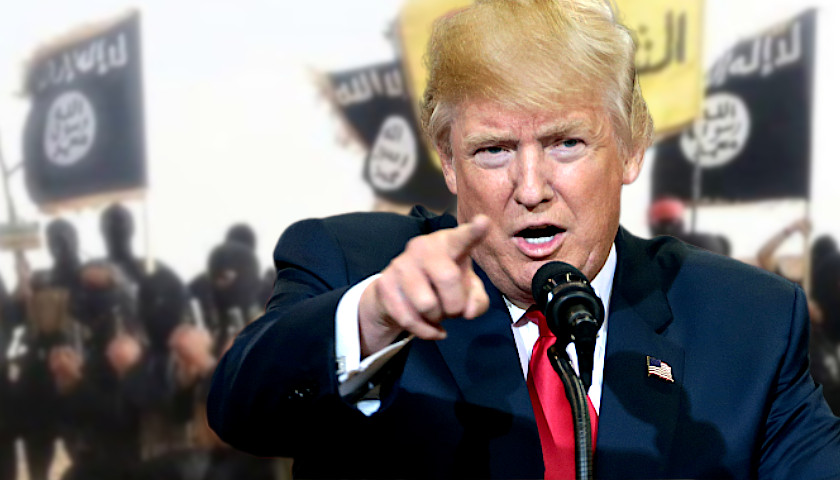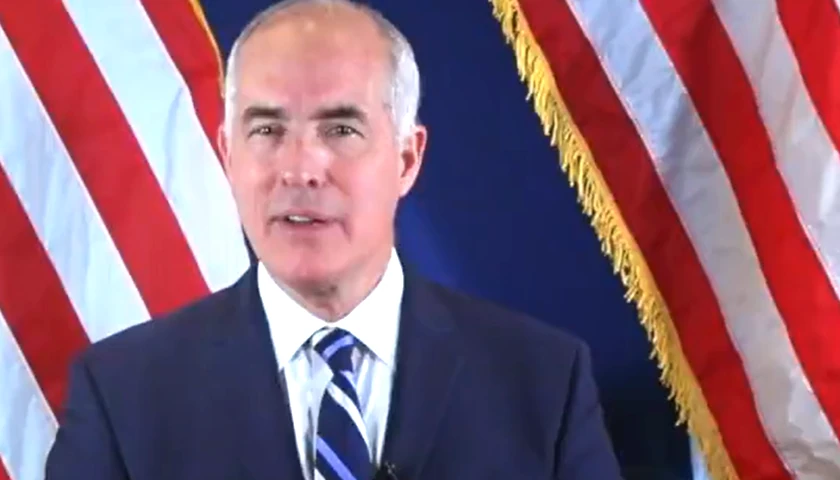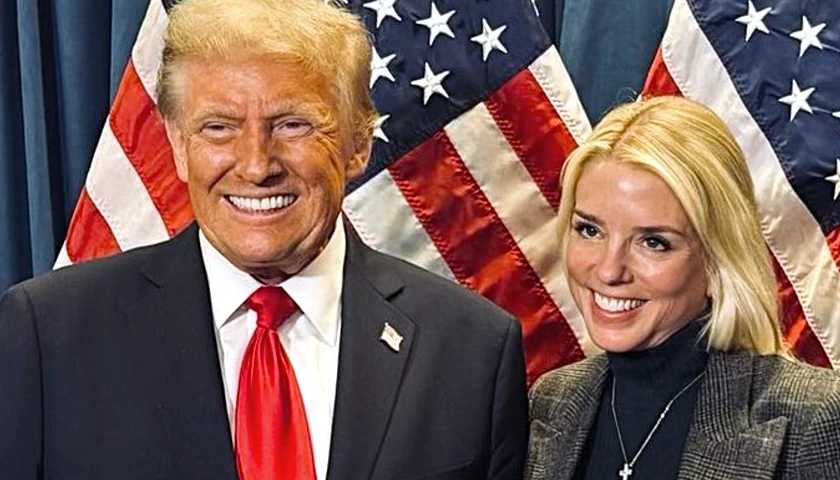by Jeff Seldin
U.S. President Donald Trump said Wednesday that he expected to formally declare victory over the Islamic State terror group’s self-declared caliphate in the next week.
“Nobody thought it was possible to do it this quickly,” Trump told members of the global coalition to defeat the Islamic State group, who were meeting in Washington.
“It should be formally announced, probably sometime next week, that we will have 100 percent of the caliphate,” he added. “We’ve had victory after victory.”
U.S. defense and intelligence officials believe that up to 1,500 IS fighters are still clinging to a 50-square-kilometer patch of land in Syria, but have been more cautious in their assessments.
In just the past week, they have described the fighting as tough, saying coalition-backed forces were pushing through booby-trapped streets and settlements. And they warned that even once the last of the IS-held territory was liberated, the terror group still would have as many as another 30,000 fighters and supporters dispersed throughout Syria and Iraq.
Yet despite more wary assessments from top military and intelligence officials, Trump said Wednesday that the terror organization had been decimated, losing tens of thousands of fighters and more than 60 high-ranking leaders.
“We’ve eliminated almost every one of them,” he told representatives from the 79-member coalition, reiterating that the time had come to pull out the 2,000 U.S. forces helping to fight IS in Syria.
Warm welcome
“We look forward to giving our brave warriors in Syria a warm welcome back home,” he said.
The decision to withdraw those forces, first announced in December along with Trump’s initial declaration of the Islamic State’s defeat, surprised and rattled many of Washington’s allies and partners, and even some top U.S. military commanders.
Jim Mattis resigned as defense secretary days later.
Since then, the White House and other top U.S. officials have sought to reassure allies it is not abandoning them or their efforts to deal IS a lasting defeat.
Secretary of State Mike Pompeo told coalition members earlier Wednesday that while the “nature of the fight is changing,” U.S. goals remained the same.
“It simply represents a new stage in an old fight,” Pompeo said in remarks to open the daylong conference.
“The drawdown of troops is essentially a tactical change. It is not a change in the mission,” he added. “The fight is one that we will continue to wage alongside of you.”
But how the fight will proceed and when U.S. troops will leave Syria are unclear.
Defense officials confirm that while some equipment already has been moved out of Syria, plans for withdrawing U.S. forces are still being formulated with the help of allies and partners on the ground.
The commander of U.S. forces in the Middle East, Central Command’s Gen. Joseph Votel, told lawmakers during a hearing Tuesday that however U.S. forces left, it would be “deliberate.”
“I am not under pressure to be out by a specific date and I’ve not had any specific conditions put upon me,”Votel said, adding the U.S. and its partners must maintain pressure on IS cells in Syria and beyond.
“They have the capability of coming back together if we don’t,” he said.
Other top defense officials have been equally outspoken, warning that pulling troops out of Syria will put hard-fought gains in danger.
“Militarily, we will be less effective,” Owen West, the Pentagon’s assistant secretary for special operations/low-intensity conflict told lawmakers Wednesday. “It is much more effective to be co-located with your partners.”
White House counters
White House officials have pushed back, insisting the time has come for other nations to step up their contributions to the fight.
“[Trump] doesn’t believe that the United States can solve this problem externally,” a senior administration official said when asked about delivering IS an enduring defeat.
“He thinks it is something we can assist with, it’s something we can encourage, but that has to come from within the Muslim community,” the official added.
The official also said that the withdrawal from Syria would be “conditions-based,” with U.S. forces staying in the vicinity of the U.S. base at al-Tanf, in southern Syria, until the very end.
And the president himself said Wednesday that even then, U.S. forces would stand ready to assist.
“Rest assured, we will do what it takes to defeat every ounce and every last person within the ISIS madness,” Trump told ministers from coalition countries.
“The struggle against terrorism is a shared fight,” he added. “Everyone must do their part and contribute their fair share.”
Already, U.S. officials are calling on fellow coalition members to “put our money where our mouth is,” and increase funding to eliminate a $350 million shortfall in reconstruction funds for Iraq.
Pompeo also urged coalition members to “seriously and rapidly consider requests that will enable our efforts to continue,” adding, “Those requests are likely to come very soon.”
Iraqi officials, as well, are asking for assistance.
“I call on all countries of the world to help Iraq fight sleeper cells of Daesh and to help Iraq restore its stability,” Iraqi Foreign Minister Mohammed al-Hakim told the conference Wednesday, using the Arabic acronym for the terror group.
Although Iraq declared victory over IS more than a year ago, the country’s security forces continue to battle pockets of resistance across the country, sometimes with the help of coalition airstrikes.
Reaction to Trump interview
But while Iraq’s foreign minister asked for more help, he also warned the U.S. and other countries must heed “the basic principles on which the global coalition has been there, including most importantly the complete respect of the territorial integrity of Iraq and for all operations to take place with the knowledge of the government.”
The comment is the latest from Iraqi officials following an interview Trump gave CBS News on Sunday, in which he said he wanted U.S. troops stationed in Iraq to “watch Iran.”
U.S. officials have repeatedly warned of Iran’s destabilizing activities in Syria and across the Middle East, but officials from Baghdad maintain the U.S. military presence in Iraq is the result of an agreement to combat terrorism, and that keeping an eye on Tehran is not part of the deal.
– – –
Jeff Seldin is a reporter at Voice of America.
Photo “Donald Trump” by Gage Skidmore. CC BY-SA 2.0. Background Photo “ISIS Fighters” by SACSIS Social Justice News.




